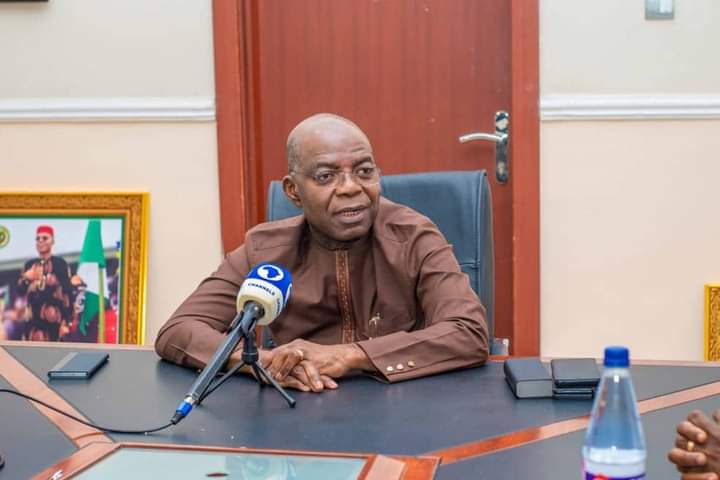Some stakeholders on Monday in Abuja called for the right policies that would enable the Micro, Small and Medium Enterprises (MSMEs) to thrive in Nigeria.
The stakeholders gave the advice in a communique issued on their behalf by Ms Naomi Nwokolo, Executive-Director of United Nations Global Compact Network Nigeria (UNGC-NN).
The communique was the outcome of the one-day stakeholder consultation meeting on the Draft Exposure Document on Small and Medium Enterprises Corporate Governance Guidelines (SME-CGG) for MSMEs in Nigeria.
The meeting was jointly organised by the Integrity Organisation (IO) in partnership with the Financial Reporting Council (FRC) Nigeria and the UNGC-NN.
Nwokolo, in the communique said the stakeholders meeting marked another step in the “SME Future-Forward Project,” funded by the MacArthur Foundation.
She said: “The objective is to improve Nigeria’s business environment, ensure sustainability of MSMEs, boost business confidence, access to capital, and trade opportunities for compliant entities.
“Recognise the critical role of SMEs in the economy as they constitute 96 per cent of the Nigerian market place and account for 84 per cent of national employment.”
The stakeholders reiterated the need to align corporate governance practices with international standards, to enhance competitiveness, attract investment, and promote Sustainable Development Goals.
She quoted the Executive-Director of IO, Mr Soji Apampa, saying that the SME Future-Forward Project through citation of 2016-OECD study was designed to tackle corruption.
“Most corruption was facilitated through intermediaries, including professionals who worked at small and medium enterprises and between actors along all stages of the value, and supply chains.
“Developing the guidelines was a critical milestone in addressing these issues and fostering cultural change towards corrupt behaviour.
“To drive sustainable change, regulators such as the FRC, should create systems that would help monitor compliance to measure initiative’s success and incentive behaviour modification among the public,” Nwokolo said.
She also quoted the Executive-Secretary of FRC, Amb. Shuaibu Ahmed, to have commended the drafted SME-CGG 2023, saying it promoted good corporate governance in Nigeria’s economy.
Ahmed also called for partnership with SMEs and the broader private sector, adding that a lot could be achieved through collective action to promote and enhance the business environment in Nigeria.
“This collaborative approach would drive positive changes and improve corporate governance practices, ultimately leading to a more robust and sustainable business landscape for all,” he said.
The meeting attracted various stakeholders, including representatives from the private sector, Business Membership Organisations (BMOs) and government regulatory agencies.
It also featured discussion about the purpose of the guidelines, recommendations on the draft document, and the way forward on institutionalising corporate governance best practices in SME entities.




